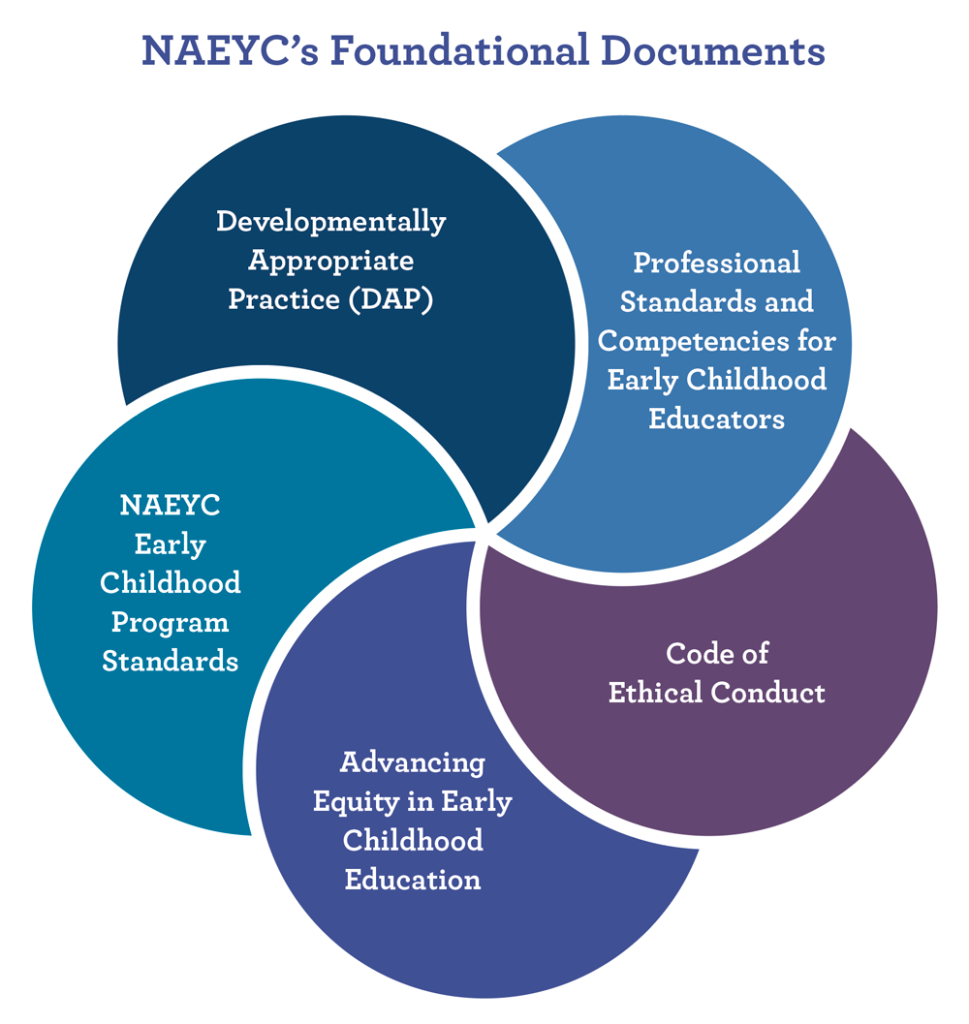7.4 Equity in Early Years Settings

As discussed in chapter one, How Does Learning Happen: Ontario’s Pedagogy for the Early Years and The Kindergarten Program provide educators in the early years with excellent resources to support building the foundation for a sense of belonging and well-being for all children in their care. These pedagogical documents encourage reflective practice and help guide educators in ensuring their learning spaces are equitable for all who participate, including children, families, colleagues, and community partners. The six ELECT principles can be found on page 10 in How Does Learning Happen? to enhance the four foundations necessary for equitable learning spaces in the early years.
ELECT Principles
Principle 1: Positive experiences in early childhood set the foundation for lifelong learning, behaviour, health, and well-being.
Principle 2: Partnerships with families and communities are essential.
Principle 3: Respect for diversity, equity, and inclusion is vital.
Principle 4: An intentional, planned program supports learning.
Principle 5: Play and inquiry are learning approaches that capitalize on children’s natural curiosity and exuberance.
Principle 6: Knowledgeable, responsive, and reflective educators are essential.
(How Does Learning Happen? Ontario’s Pedagogy for the Early Years, 2014, p.10)
Ongoing engagement in building relationships through collaboration with families, colleagues and community partners supports the co-construction of knowledge of different ways of learning alongside one another. As stated before in this text, families are the best resource for sharing their unique views of the world. Colleagues and community partners share their experiences and knowledge to support one another in providing equitable learning spaces.
Read

NAEYC. Used under fair dealing. All Rights Reserved.
Click the image to view NAEYC’s Foundational Documents.
Read the NAEYC Recommendations for Early Childhood Educators in the Advancing Equity in Early Childhood Education Position Statement.

